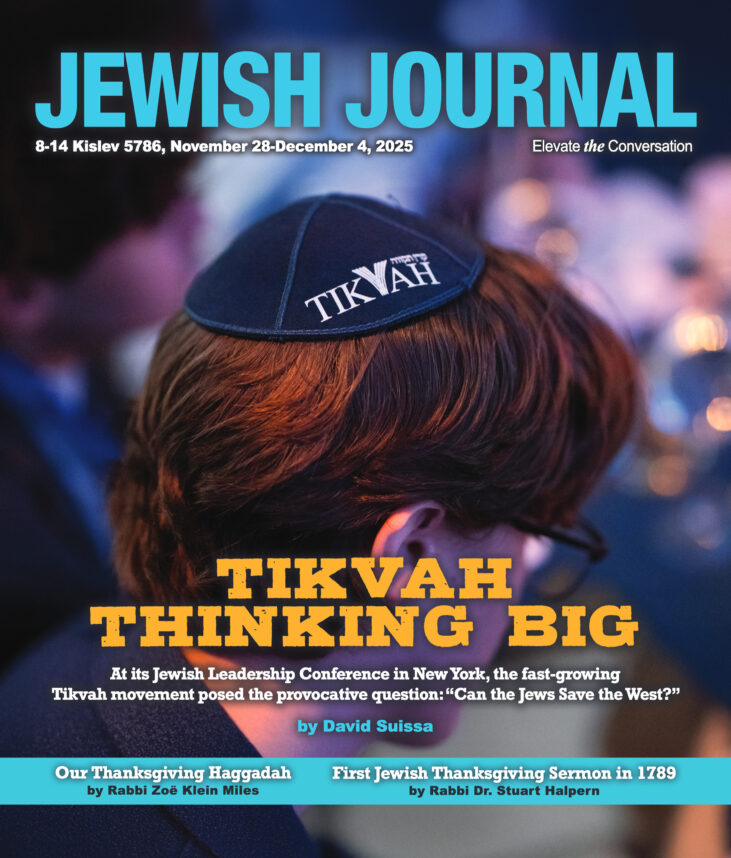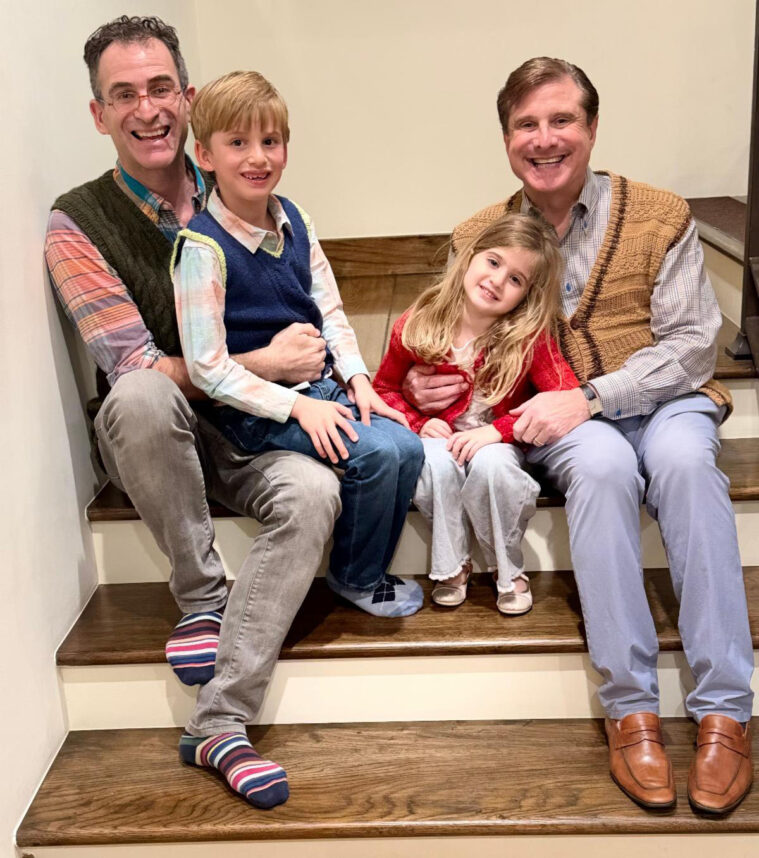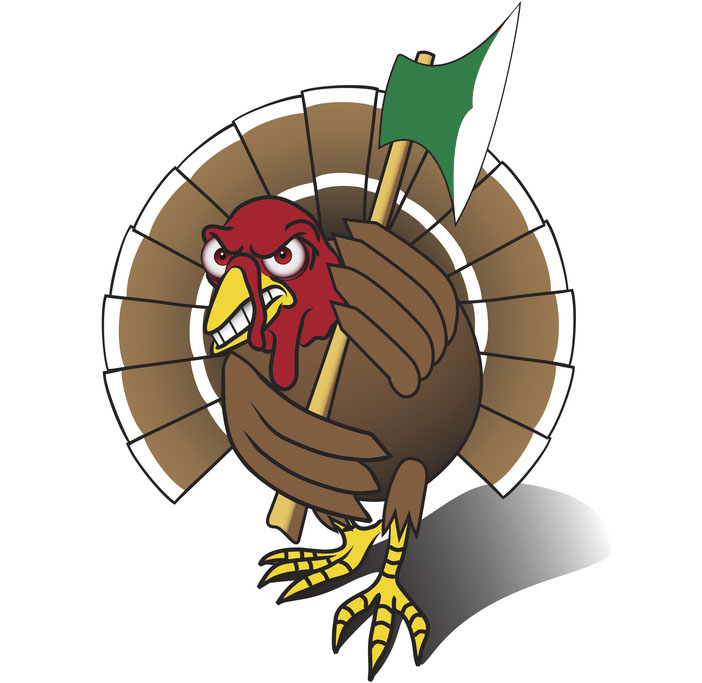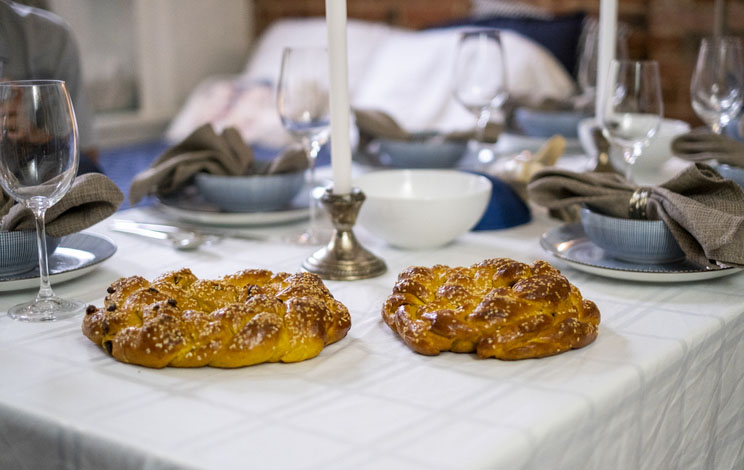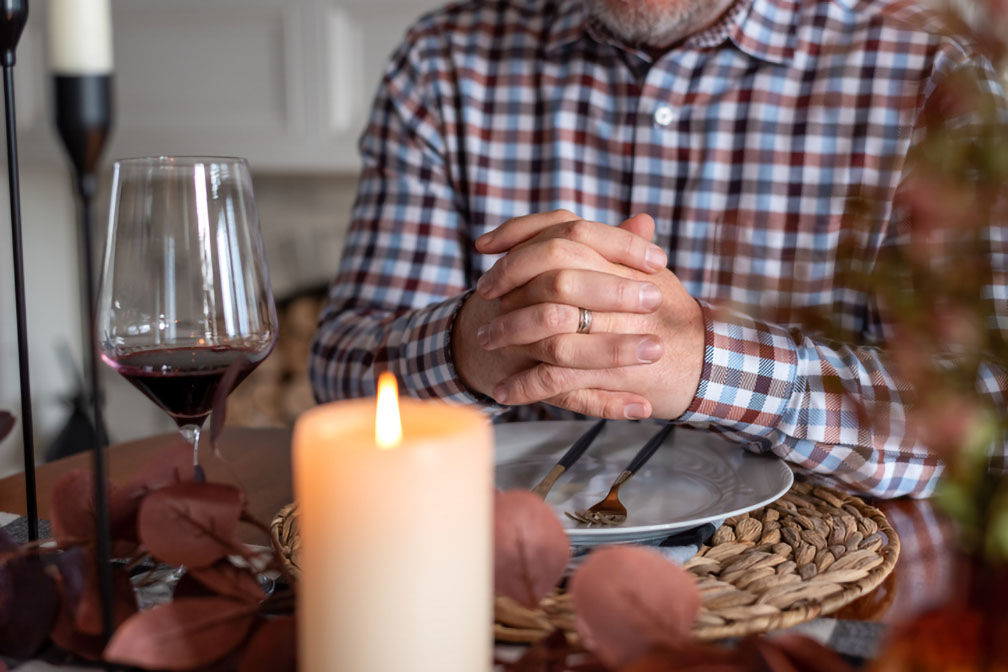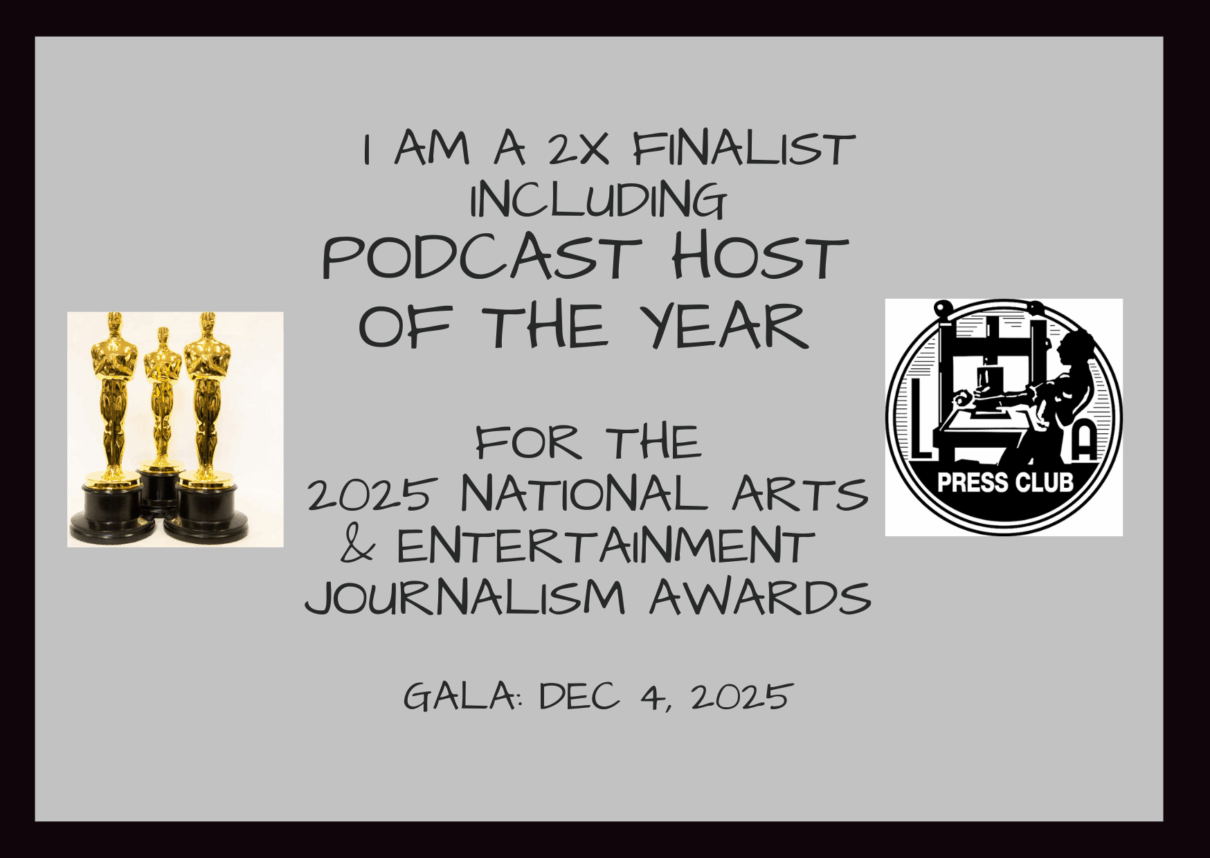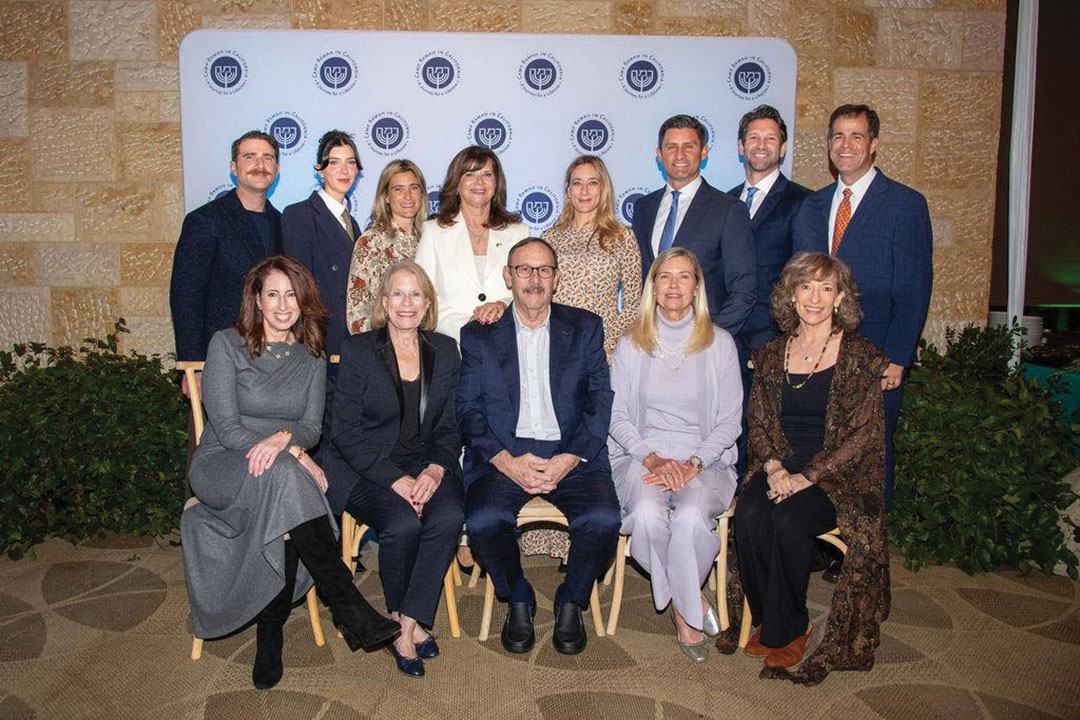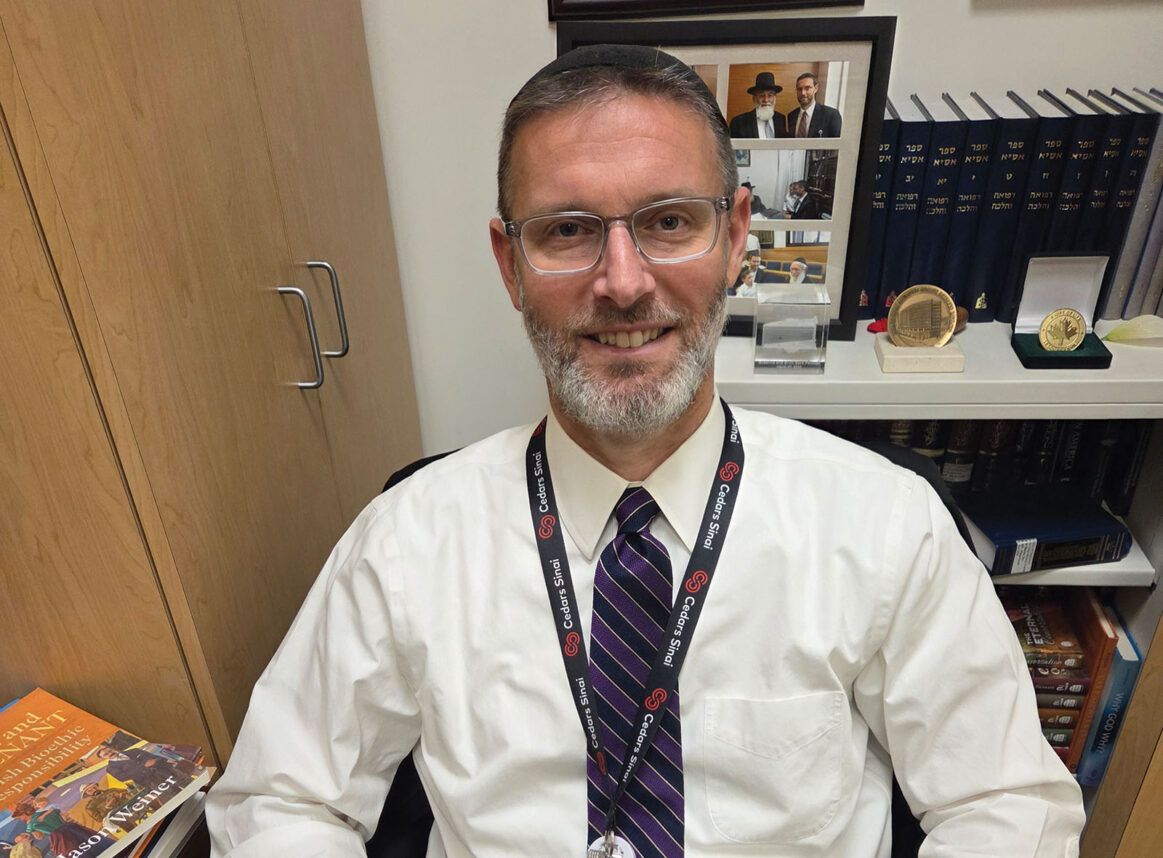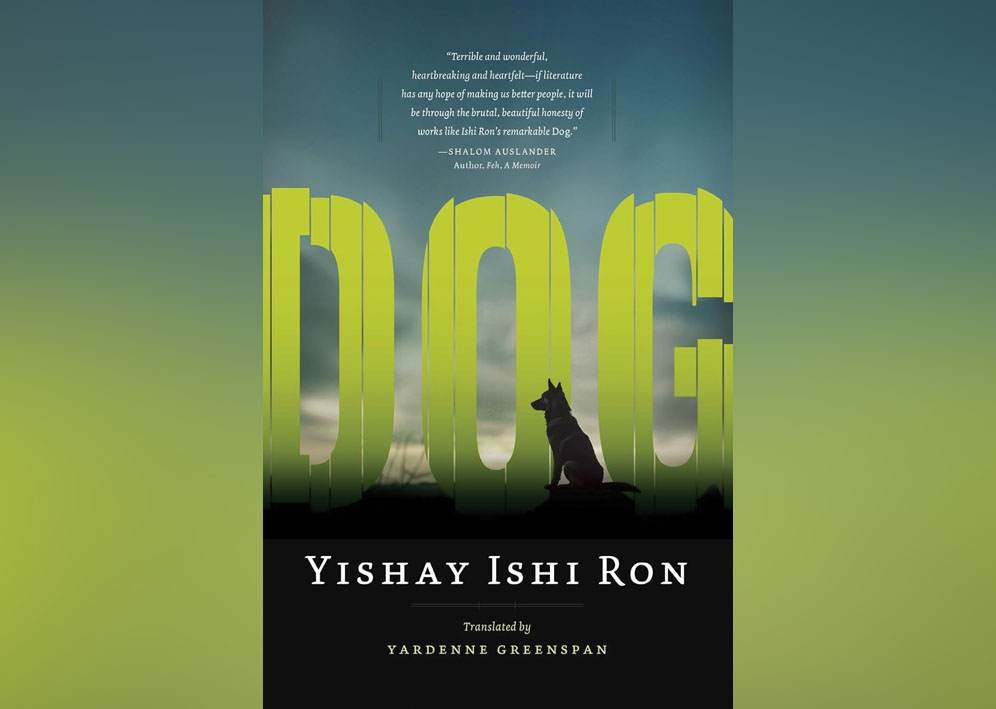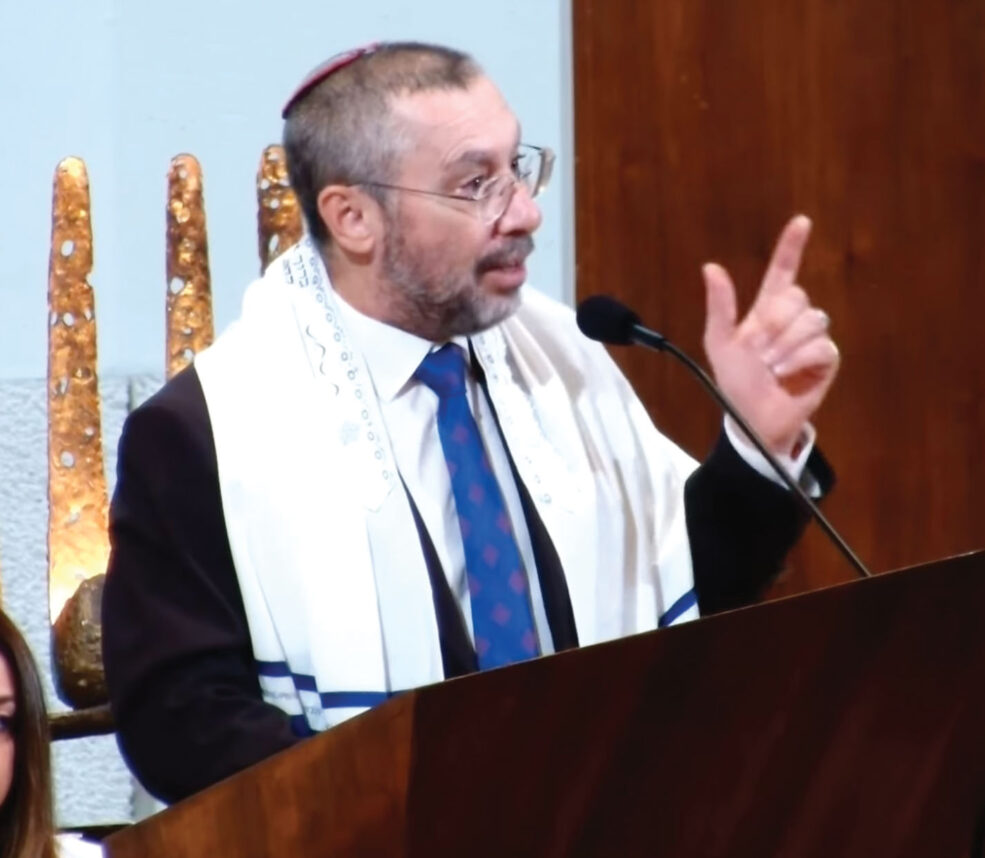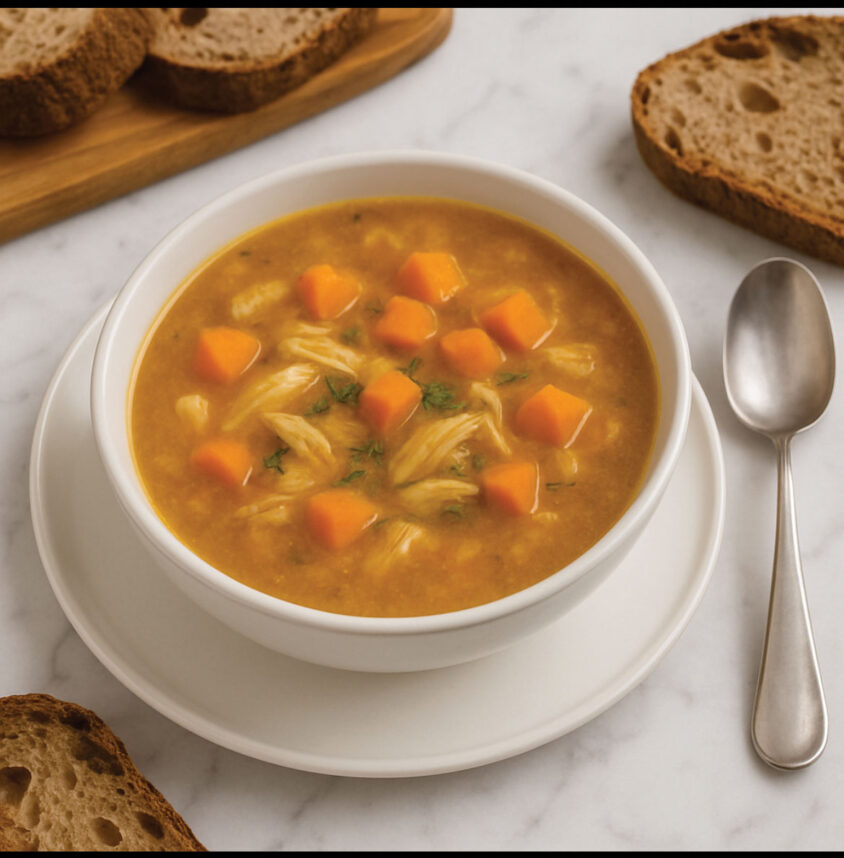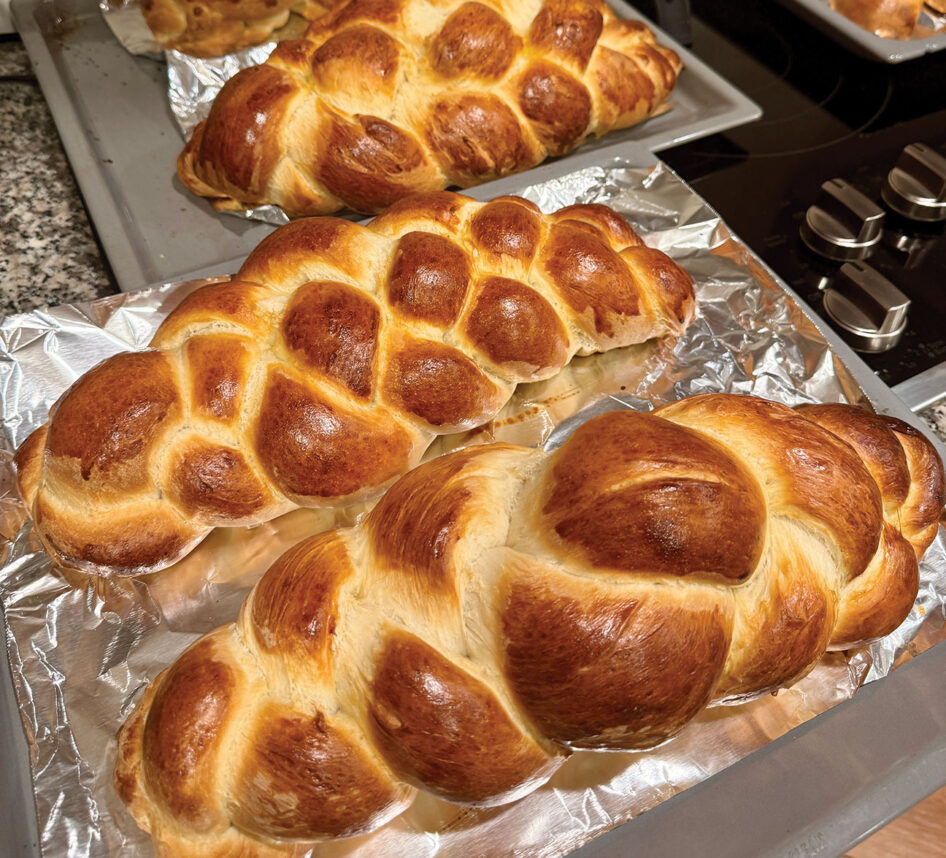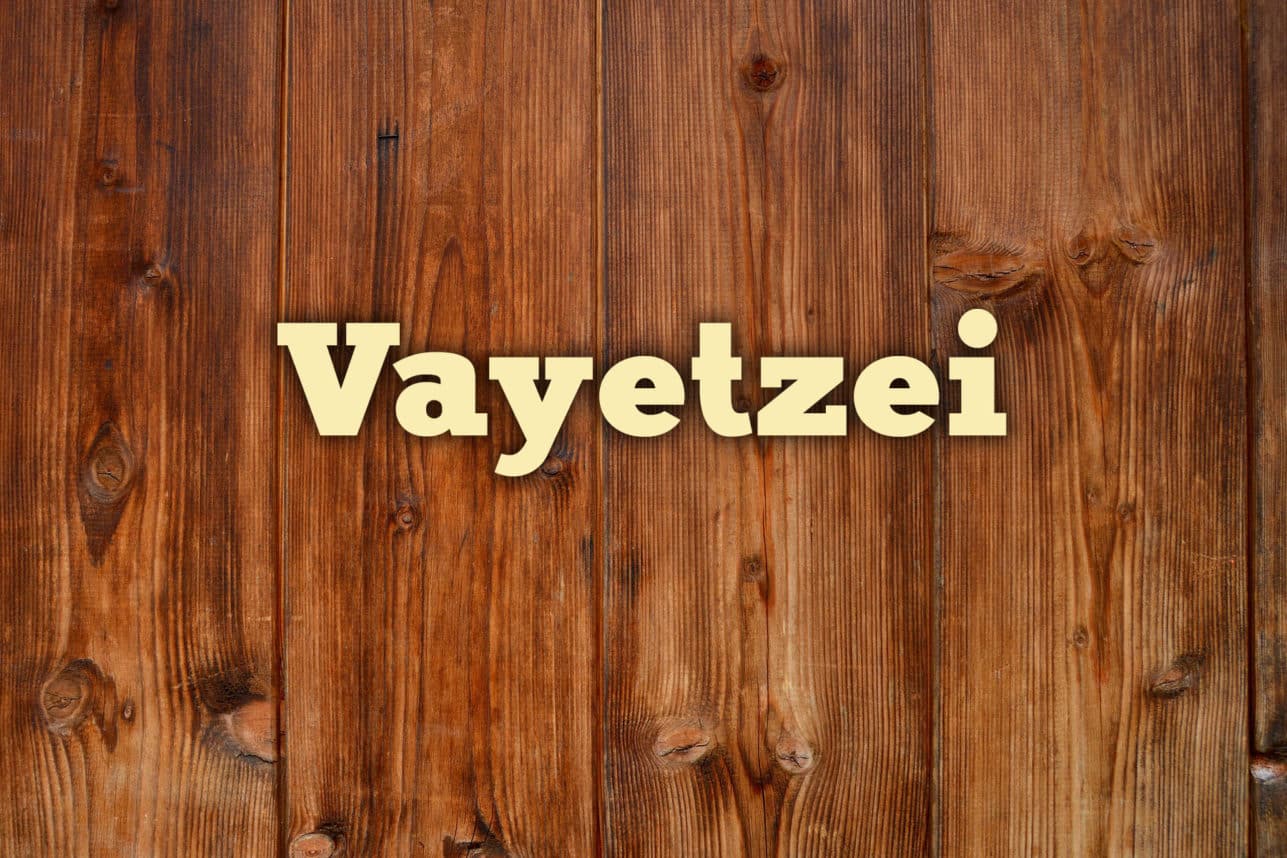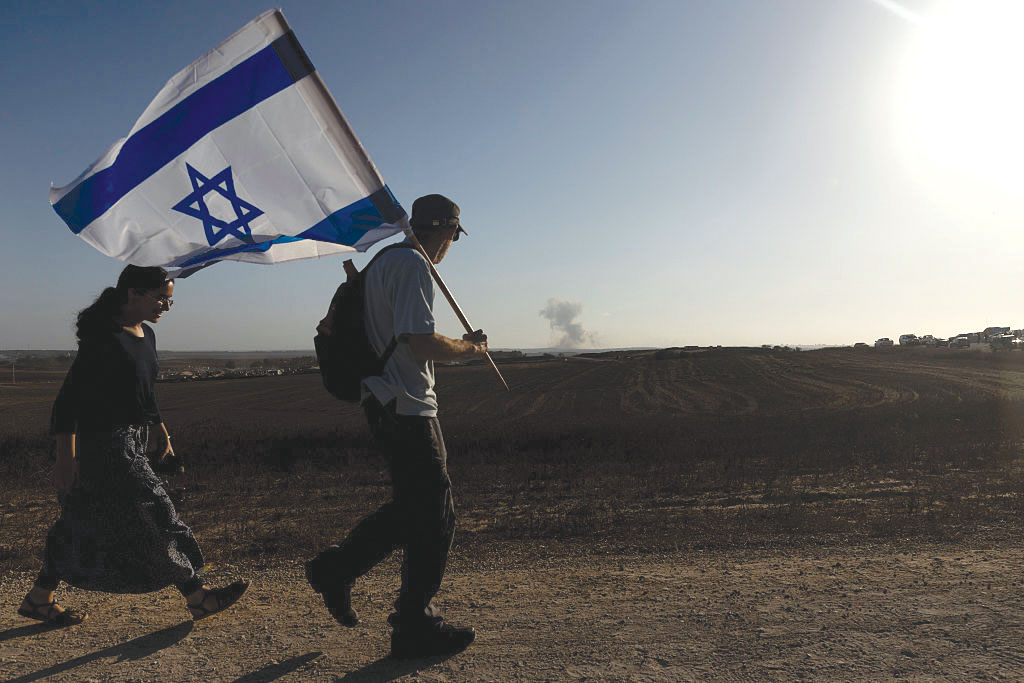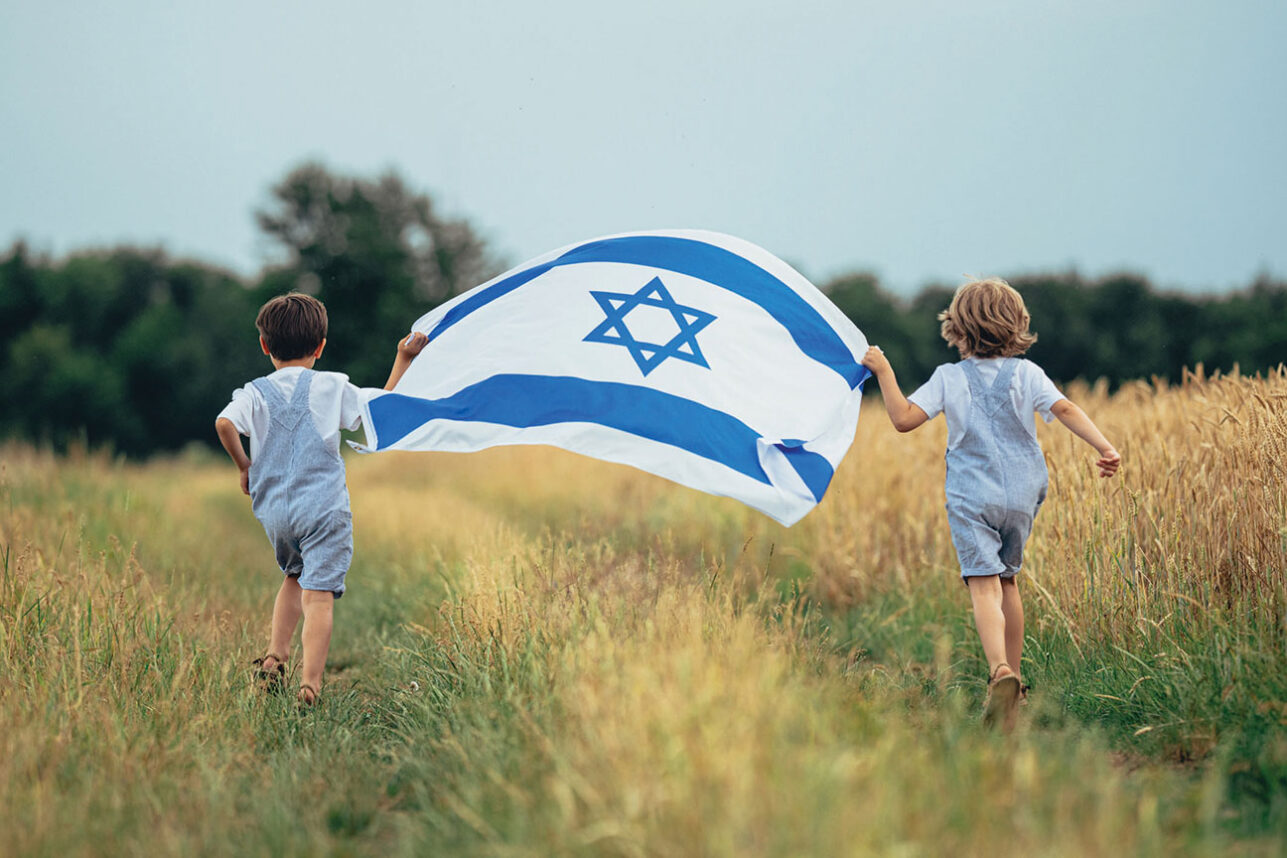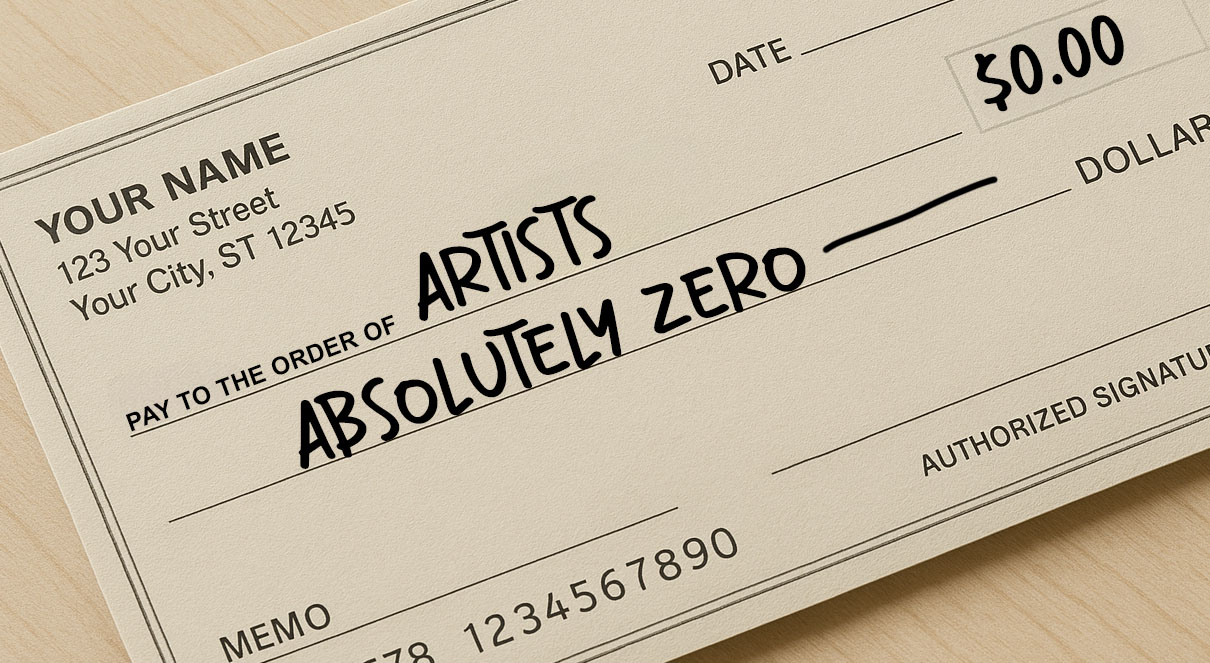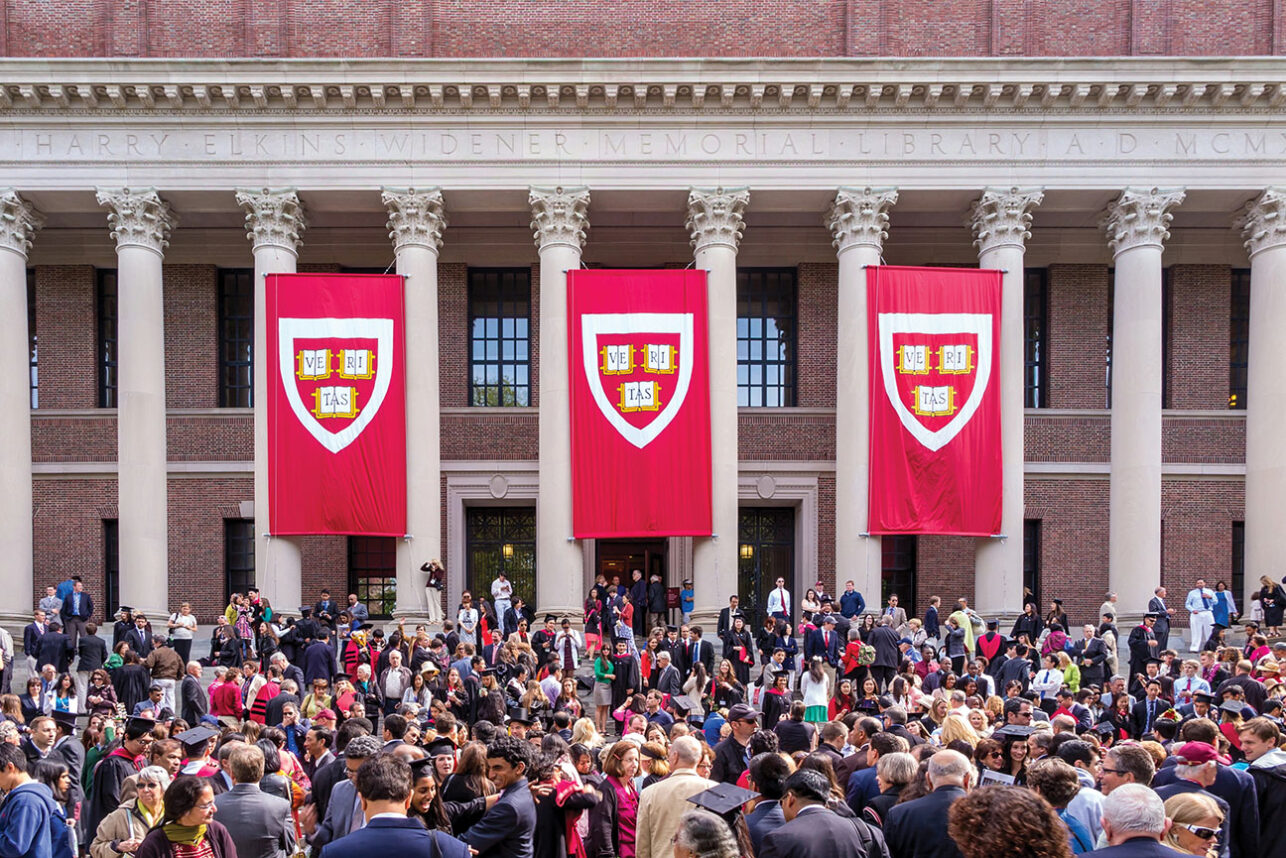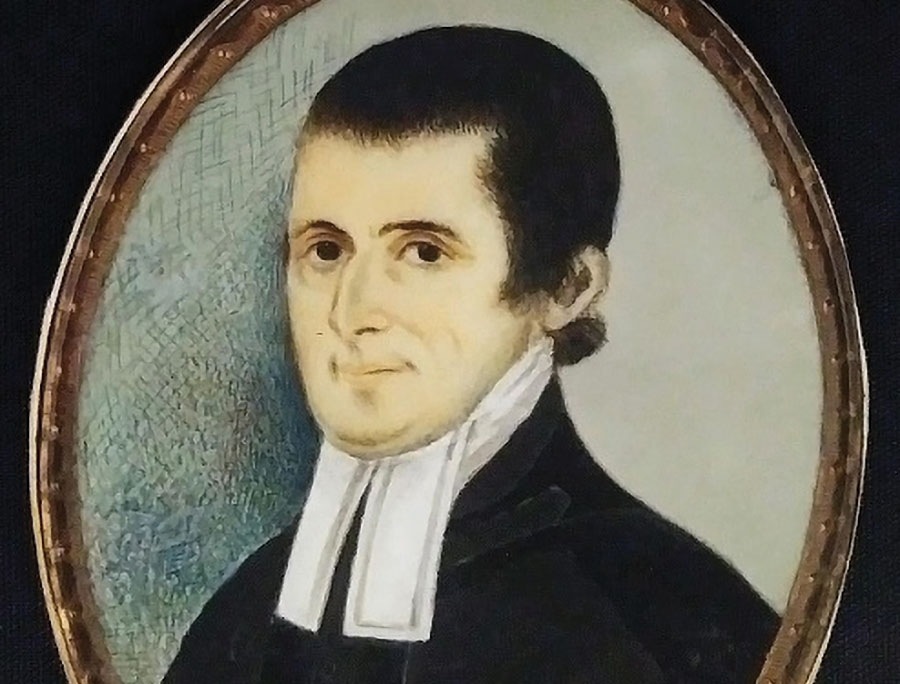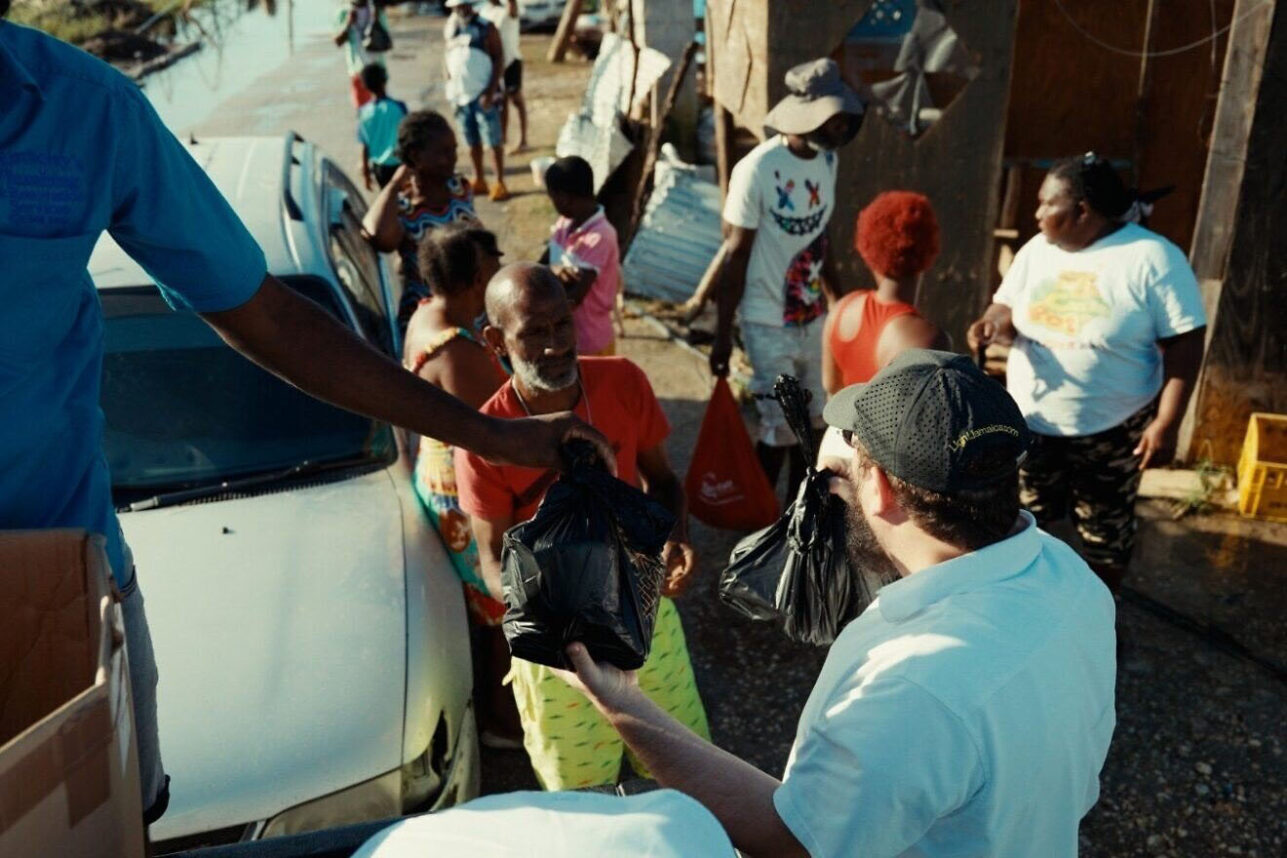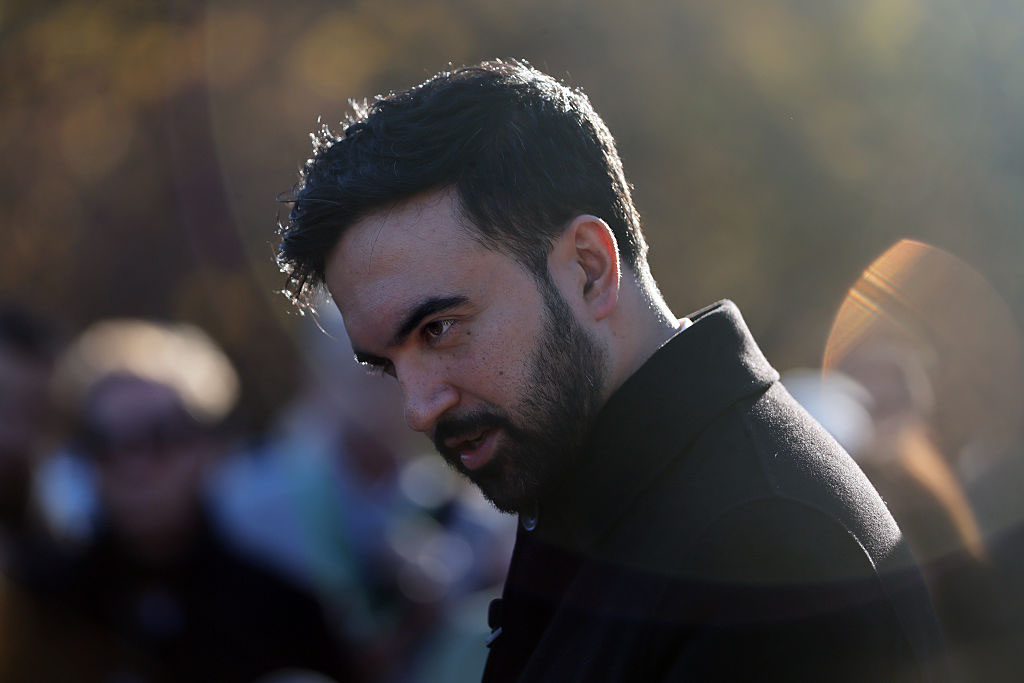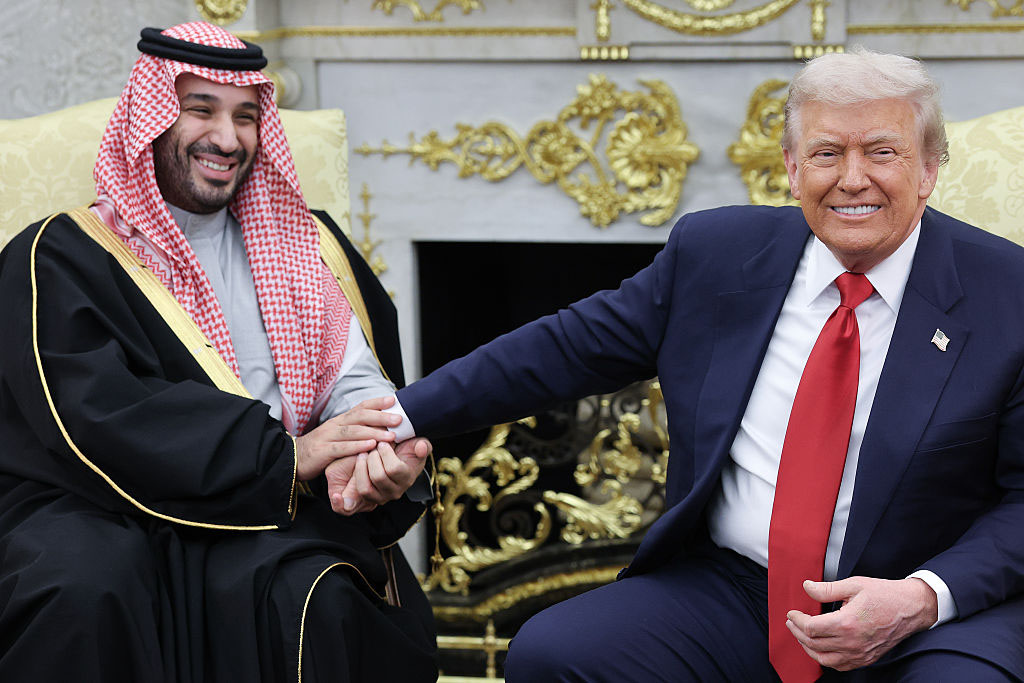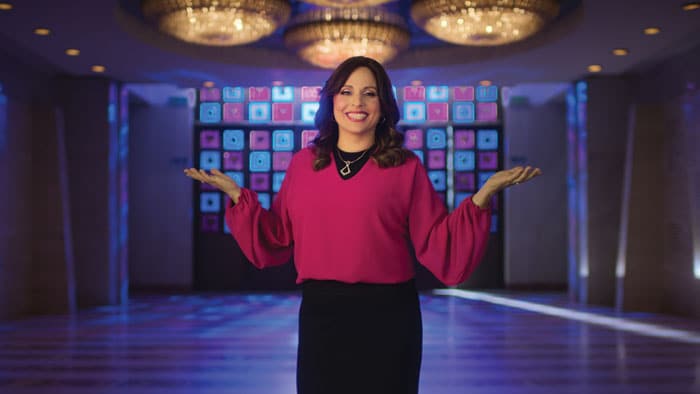
Aleeza Ben Shalom’s life has taken a 180-degree turn in the past two years. First, she, her husband and their five children moved to Israel from Philadelphia. Then, a year ago, she started working on the new Netflix series “Jewish Matchmaking,” which premiered on May 3rd. The funny thing is that as an Orthodox woman, she doesn’t even own a TV.
“I only watched it on a phone or on a computer,” she laughed during a Zoom interview with the Journal. “Other people have sent me screenshots of it on their big screen TV; I really need to go to somebody’s house to see it.”
When Ben Shalom was approached by Netflix to do the reality show, she was a busy matchmaker and relationship coach.
When Ben Shalom was approached by Netflix to do the reality show, she was a busy matchmaker and relationship coach. One day she received a phone call from her friend, a matchmaker herself, who was asked to audition for the show. “She told them ‘Nah, no thanks, I don’t want to do it — but you would want my friend Aleeza. I’ve been working with her — we’ve been doing videos online for singles and speed dating events. We’ve been doing matchmaker trainings and workshops online — she’s great, she’s always got something to say, she can speak off the cuff, you should call her.’ She called me and goes, ‘Aleeza, casting is calling you about a show’; pick up the phone!”
So she did and the producers loved her. Relaxed, pleasant, natural, and they felt she’s a good fit. To prepare for the show, Ben Shalom watched the very popular series “Indian Matchmaking” from the same producers. After that, she met the lucky candidates out of the hundreds who responded to the casting call.
The singles who appear on the show are both secular and Orthodox Jews who live all over the US, South Africa, and Israel. Thirty-year-old Ori is the son of Israeli parents who lives in Los Angeles and is searching for a blue-eyed, blonde-haired woman who speaks Hebrew; Nakysha is a 25-year-old black Jew from Kansas who loves to ride motorcycles and wants a fit man who doesn’t live in Kansas City; Dani, a South African Jew living in Miami, loves Latin men; Harmonie, a vivacious 44-year-old looking for someone she would have a sexual chemistry with and have kids, and 29-year-old Fay is a devout and open-minded Orthodox entrepreneur who’s familiar with the Shidduchim process and is looking for a man who prays three times a day with a group of men.
Ben Shalom begins the process of matchmaking with an in-depth interview with each of her clients. She wants to hear about their wants, dislikes, dating history and how religious they want their match to be. Sometimes their wish list can sound a little odd, but this matchmaker never judges and only tries to make them look beyond the superficial aspect of the match.
“If I’m going to present you with an amazing girl — personality, Hebrew-speaking, but she doesn’t have blue eyes and for sure you’re going to say no to that — then to be honest, I’m only going to look for a blue-eyed girl,” she told Ori. She also encouraged Nakysha to agree to go out on a date with a bald man, even though she loves her men with a full head of hair.
To Harmonie, who isn’t religious and describes herself as having a ‘hippie vibe,’ Ben Shalom suggested she refrain from touching during the first five dates.
“In Judaism, ‘Shomer Negiah’ is the practice of not touching and the purpose is to keep the physical relationship waiting until the holiness of the marriage comes together,” she explained.
Ben Shalom grew up secular and became religious in her mid-20s. While dating her husband Gershon, who was brought up in a traditional Jewish household, she asked him, “Do you wanna make aliyah?” He answered: “Yes.”
“So I said, ‘When?’ And he said, ‘I don’t know, whenever.’ I said ‘Okay. We’ll go and get married, and then, in five years.’ He said ‘Oh, that’s too short, we got to save money and work and build a life. In ten years? And I said, forget about it, ten years is too long, we’ll get stuck in America. So I said we’ll agree on seven years.”
It took the couple 18 years to make Aliyah. They moved to Israel in March 2021 and are very pleased with their decision.
Gershon, who has always been very supportive of his wife’s work, agreed to stay home and take care of the kids, ages nine to 19. “He is semi-retired and he’s taking care of the family really well. He’s an outstanding chef, cooks and cleans, gets the boys to school in the morning. We traded roles. This was a conscious decision, where I asked him to let me do my thing, and work, and be professional, take care of the bills and you take care of the home.”
In Hebrew, the show is called “Modern Shidduchim,” and indeed, the matchmaking done by Ben Shalom looks nothing like the matchmaking that comes to mind when thinking of the Jewish yente, that older matchmaker with a kerchief that covers her hair and caters only to Orthodox Jews. Ben Shalom is working with secular and religious alike.
“I’ve worked with people who’ve said ‘I’m Jewish but I don’t believe in God.’ I said I don’t really care. I’ve worked with people who’ve said, ‘Maybe I want to marry Jewish and maybe I don’t, and I said ‘Well, I only set up Jewish people with Jewish people, so, on your own, you can do what you do — but when you work with me, that’s how I’m going to match you.’ I’ve always worked with a wide variety of people. And I have a very strong religious group of marriage-minded singles, because matchmaking is more normal and comfortable in the observant world, but over the years, matchmaking has become very popular and ‘in’, and it’s not such a foreign concept to secular people.”
Asked what she thinks of dating apps such as Tinder, Bumble, Match.com, and others, she said, “I have lots of people who meet on them. I think that if they’re used properly, like anything, it can be for the good. Just for example, television: good or bad? Well, it’s just television. It’s how you use it. Dating apps are the same thing; it’s how you use it. And they can be used for tremendous good to help make matches or they can give people dating fatigue and it can be very difficult for them to go through the dating process. On one hand, we could say it’s a lot easier to meet people today. I can meet anybody anywhere anytime. I want to meet somebody, I can go online, click click and meet somebody in another country. It’s very, very easy to meet people but what is difficult to do is to choose somebody. I think it’s much more difficult because today we have analysis paralysis; people are terrified of missing out, or ‘this person may be better, maybe I should try one more.’
“I think in the pre-modern world, we had very limited choices; it was just the boy or the girl next door or somebody that lived in your community and that was it. It wasn’t always a good match, but they just made it work. It wasn’t what we call a ‘love match’, but it was a match between two people that grow to love each other over time. And today, people are not seeking that, they’re not seeking to be enticed to go to the Chuppah and get married.”
Throughout her career, she has introduced over 200 couples who got married. Her youngest client was 18 and the oldest 89. Nothing makes her happier, she said, than receiving family photos from them, telling her, ‘Look, we just had another baby, mazel tov!’ “It’s like being a grandparent. You see the families you helped to build, building their family; it’s such a WOW feeling.”
Working on the show enabled Ben Shalom to do something she hasn’t done in a very long time: travel. “I love traveling and I haven’t been able to travel significantly during my 20 years of marriage and this is the first time that I’m able to do it, and it’s such a joy. I miss my family, I love my kids, but it’s a tremendous amount of joy to do what I love and to be traveling.”
What is the best dating advice you can give those who are struggling to meet someone? “I would tell people to change things. Like when they’re looking online, to change their criteria, data or change their photo, refresh things and make your page look different and feel different. Present yourself in a different way so people can see and understand you a little bit differently. I would also tell people to focus on what are one or two things that they want people to really understand about helping them to find a match. Explain to your friend or family members what you want, how are you going to do that in an effective way, and they’ll just say ‘Oh, I’m looking for a good guy or a good girl, nice, and sweet, and good looking’ — Isn’t everybody looking for that? Tell me something different; tell me a piece of information that not everybody tells me so that I know how to find your person. And mainly I will tell them to never stop looking and never stop trying. The person who finds their person, is the one that never stops looking. He is out there.”
A couple of days after the show began airing, Ben Shalom got her first taste of celebrity. She was at the airport, doing her round of interviews in the US before going back home to Israel. “This man was staring at my necklace, which is a unique, one-of-a-kind piece and he went ‘[Gasp] You’re the Jewish matchmaker. We just watched you last night. I’m on episode two. I have to take a picture and send it to my wife. She’s not going to believe it!’”









